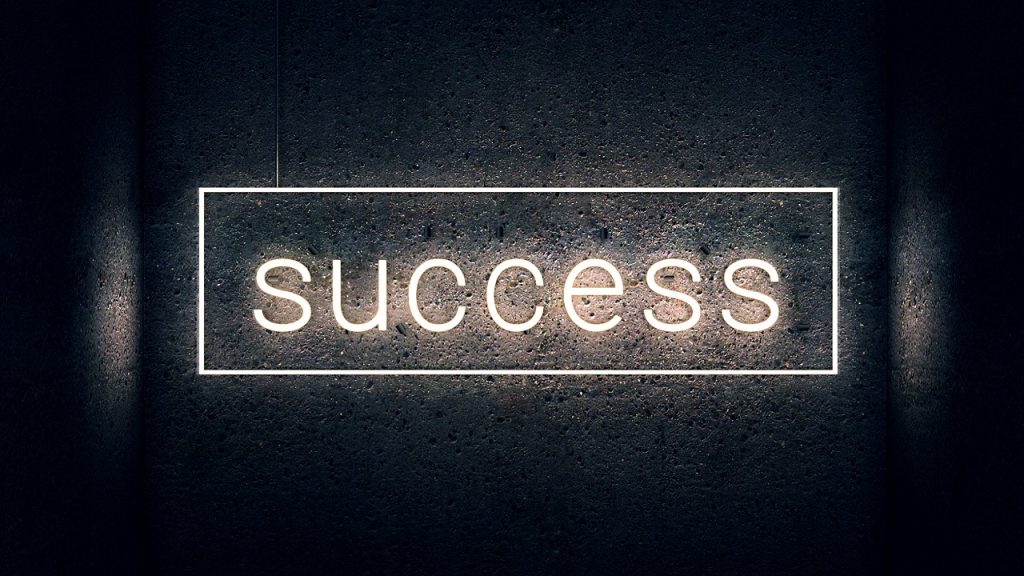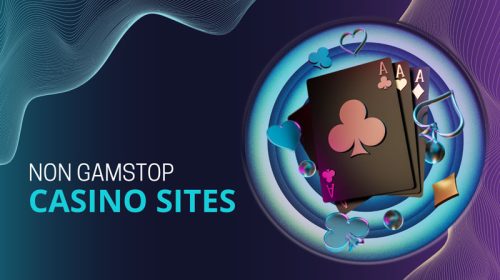
How to Study Effectively: Secrets Of Success
Effective training is the most important success factor in any business! Have you ever thought about how to improve your efficiency in obtaining new knowledge or how to study effectively?
Effective learning is the process of obtaining new knowledge with maximum quality. In other words, this is the highest degree of learning acquired. Why is it important? Because at the same time studying certain information you can get completely different benefits! Those people who want to shoot the moon should be clearly aware that they cannot do without constant self-education and self-improvement. When these actions are carried out effectively, then the result will be impressive.
Here are 10 recommendations from Pro-Papers experts on effective learning skills development that will help you, no matter what you want to learn.
- Use the 80/20 rule
Due to its widespread use on the Internet, this principle is known to most people, but in a somewhat truncated format.
What does this principle say about time management? 20% of all actions bring 80% of the result, while 80% of the rest of the activity will lead to the achievement of the remaining 20%. This means that we need to focus our attention precisely on those matters that are more helpful in achieving our goals. When we reduce the time spent on performing ineffective tasks, we are able to increase our efficiency and avoid inefficient use of time. It is possible to determine 20% of actions at least empirically, by carefully analyzing what these or other actions (or inaction) lead to.
Discover how the 80/20 rule works in the area that interests you and what brings the greatest benefits. Apply it to your learning process.
- Turn failures to account
Usually we try to avoid failures at all costs. Most often, we are engaged in the fact that does not cause us a sense of insecurity and discomfort. We act with discretion. Try to keep your children’s curiosity throughout life. Thomas Edison took more than 10,000 attempts to invent a light bulb. When he was asked what he thought about all these failures, he replied without hesitation: “These were not failures. I just invented 10,000 ways that didn’t work”. There can be no teaching without errors. Take it as it comes.
- Facilitate
The stories about the superman, who reads 7 books on various topics, learns 5 programming languages and writes dissertation, are a myth. Multitasking reduces the quality of work.
When we learn something, we need to apply simplification. This means that we must direct all our attention to a specific topic. Performing a large number of different tasks simultaneously reduces our ability to learn.
- Ask the question “Why?” five times in a row to get to the bottom
Those who know how to learn, try to learn more than can be seen on the surface. They constantly ask themselves the question “Why?” even if they think that the answer is known. They want to go deep into the essence. To know is not enough, you need to understand.
- Practice
“A theory without application is a waste of time,” says Teresa Loose, the Pro-Papers expert, Master of Science in Management. “In order to learn any skills, we need real practice. Imagine that you would try to learn to play the piano just by reading a musical notation, or that you would go to a boxing match by reading about how to fight. Of course, you would have done nothing”, says Teresa. That is why they say “Practice gives rise to perfection.”
- Ask experts for advice
One of the main advantages of life in the information age is that we are surrounded by many experts from whom we can learn. We can find mentors on YouTube, or learn from books and articles of specialists. You can also search through the online writing services in order to find the information you need, buying term paper is also an available option. It inspires and improves your knowledge.
- Do not pretend that you understand, if you have not understood something
If a small child does not understand something, he/she will ask a million questions until he/she understands. Pretending that you understand everything, when it is not true, makes you a victim of your own self-importance. People with a high level of learning development are able to fairly assess how little they know, and they make every effort to fill these gaps.
- Move from the general to the special
This is the same deductive method that Arthur Conan Doyle mistakenly attributed to Sherlock Holmes. When you try to first understand a big picture, your brain in a relaxed mode forms neural connections. When you delve into a special, your brain cements new neural connections. For example: to assimilate the information, peacefully read a chapter from a textbook. And then go back to the beginning of the chapter, concentrate and sort out details.
9.Use metaphors
Representation of the brain as a starry sky, and neural connections in the form of synapses is a metaphor. If it were not, you would have to delve into the world of synapses and neurotransmitters to understand the principles of the brain. Metaphors allow you to fool the brain and learn new information in a relaxed state. Thanks to the metaphor, a person can rise to a higher level and get a complete picture.
- Give yourself small rewards
It is important to balance our learning with getting a reward for work if we want to maintain a high level of motivation for a long period of time. The reward may be different for each of us. For some, it’s a cup of coffee after an hour of classes. For others, it’s the opportunity to brag to someone with new knowledge.
Think of what reward might be right for you, and use it to your learning. As they say, in the morning mountains, in the evening fountains.


























